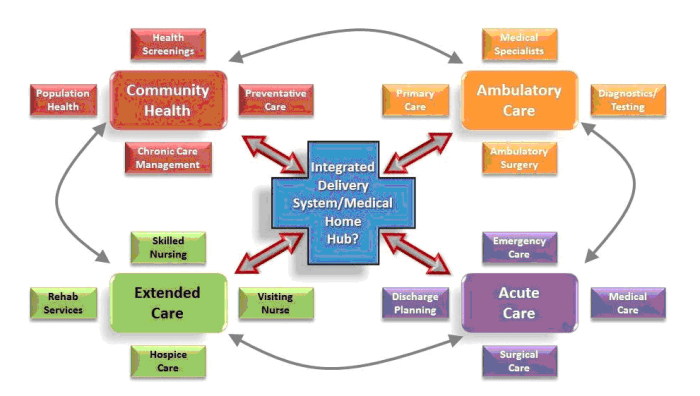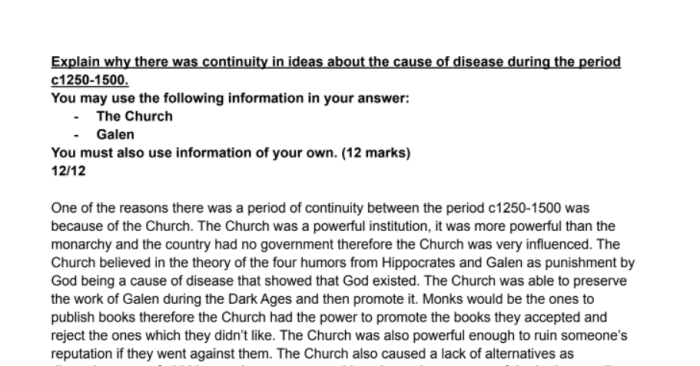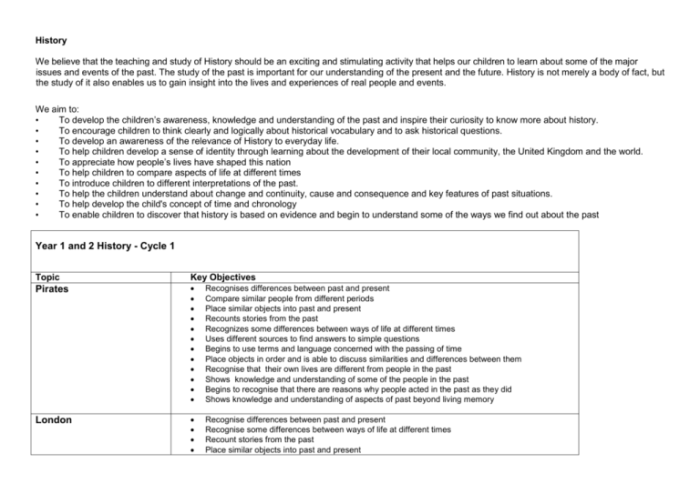Chapter 1 History and Trends of Healthcare Worksheet Answer Key unlocks a treasure trove of knowledge, guiding readers through the captivating journey of healthcare practices from ancient times to the present day. This comprehensive guide unveils the milestones and advancements that have shaped medical technology and treatment methods, while exploring the profound impact of social, economic, and political forces on healthcare development.
Delving into the core concepts of healthcare history, this worksheet defines and elucidates key terms such as disease, illness, and health. It emphasizes the crucial role of public health measures in preventing and controlling diseases, while tracing the evolution of medical ethics and the patient-physician relationship.
Chapter 1: History and Trends of Healthcare: Chapter 1 History And Trends Of Healthcare Worksheet Answer Key

Healthcare practices have evolved significantly throughout history, shaped by advancements in medical technology, social factors, and political influences. From ancient healing rituals to modern medical breakthroughs, the history of healthcare provides insights into the challenges and triumphs of human health.
Major Milestones in Medical Technology
- Discovery of antibiotics and vaccines
- Development of surgical techniques and anesthesia
- Advancements in imaging technology (e.g., X-rays, MRI)
Impact of Social and Economic Factors
Healthcare systems are influenced by social determinants of health, including income, education, and access to resources. Economic disparities and social inequalities can lead to health disparities and unequal access to care.
Key Concepts in Healthcare History
Disease, Illness, and Health
Defining and understanding these concepts are crucial for healthcare professionals. Disease refers to a specific medical condition, illness is the subjective experience of symptoms, and health encompasses physical, mental, and social well-being.
Public Health Measures
Public health measures, such as vaccination programs, sanitation, and health education, play a vital role in preventing and controlling diseases, improving population health.
Medical Ethics and Patient-Physician Relationship
Ethical principles guide healthcare practices, ensuring patient autonomy, informed consent, and confidentiality. The patient-physician relationship is built on trust and communication, fostering effective healthcare delivery.
Trends in Healthcare Delivery
Changing Models of Healthcare Delivery
Healthcare delivery has shifted from hospital-based care to community health centers and home health services, emphasizing patient-centered and accessible care.
Impact of Technology on Healthcare Access and Delivery
Technology has revolutionized healthcare access through telemedicine, electronic health records, and wearable devices, improving patient engagement and remote care.
Challenges and Opportunities in Healthcare Systems
Healthcare systems face challenges such as rising costs, chronic diseases, and aging populations. However, advancements in technology and research present opportunities for improved care, precision medicine, and personalized treatments.
Data Analysis and Interpretation
Key Healthcare Statistics
Healthcare statistics, such as life expectancy, infant mortality, and disease prevalence, provide valuable insights into population health and healthcare outcomes.
Healthcare Spending Distribution
Understanding the distribution of healthcare spending by category, such as hospital care, pharmaceuticals, and preventive services, helps identify areas for optimization and cost-effective interventions.
Data Analysis for Healthcare Policy
Data analysis is crucial for identifying trends, evaluating interventions, and informing healthcare policy decisions, leading to evidence-based practices and improved health outcomes.
Case Studies and Examples, Chapter 1 history and trends of healthcare worksheet answer key
Successful Healthcare Interventions
Case studies of successful healthcare interventions, such as vaccination campaigns or disease prevention programs, demonstrate the impact of evidence-based practices on population health.
Technology-Driven Patient Outcomes
Examples of how technology has improved patient outcomes or reduced healthcare costs, such as remote monitoring or precision medicine, showcase the potential of innovation in healthcare.
Ethical Dilemmas in Healthcare
Discussing ethical dilemmas faced by healthcare professionals, such as end-of-life care or resource allocation, provides insights into the complex decision-making processes involved in healthcare delivery.
Top FAQs
What are the major milestones in the history of healthcare?
Chapter 1 History and Trends of Healthcare Worksheet Answer Key identifies significant milestones such as the development of vaccines, the discovery of antibiotics, and the advancements in surgical techniques.
How have social factors influenced healthcare development?
This worksheet explores the impact of factors such as poverty, education, and cultural beliefs on healthcare access and outcomes.
What are the ethical challenges faced by healthcare professionals?
Chapter 1 History and Trends of Healthcare Worksheet Answer Key discusses ethical dilemmas related to patient confidentiality, end-of-life care, and resource allocation.

